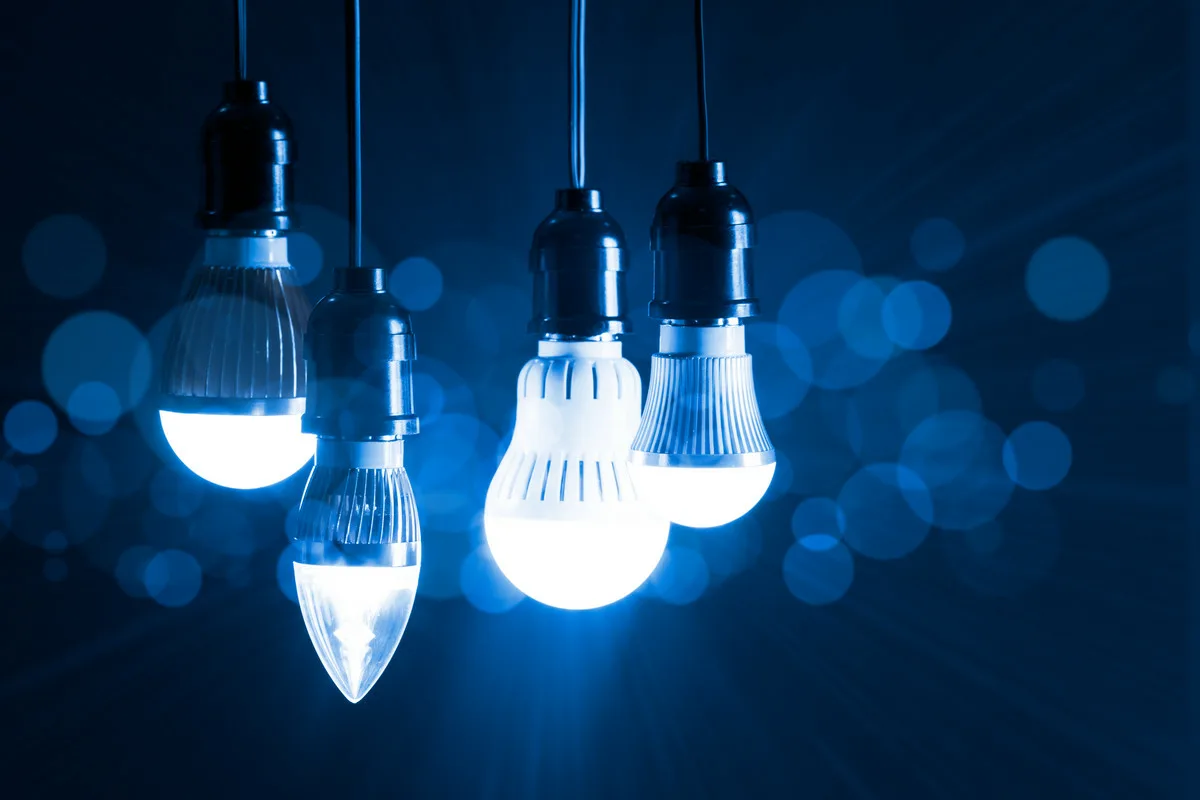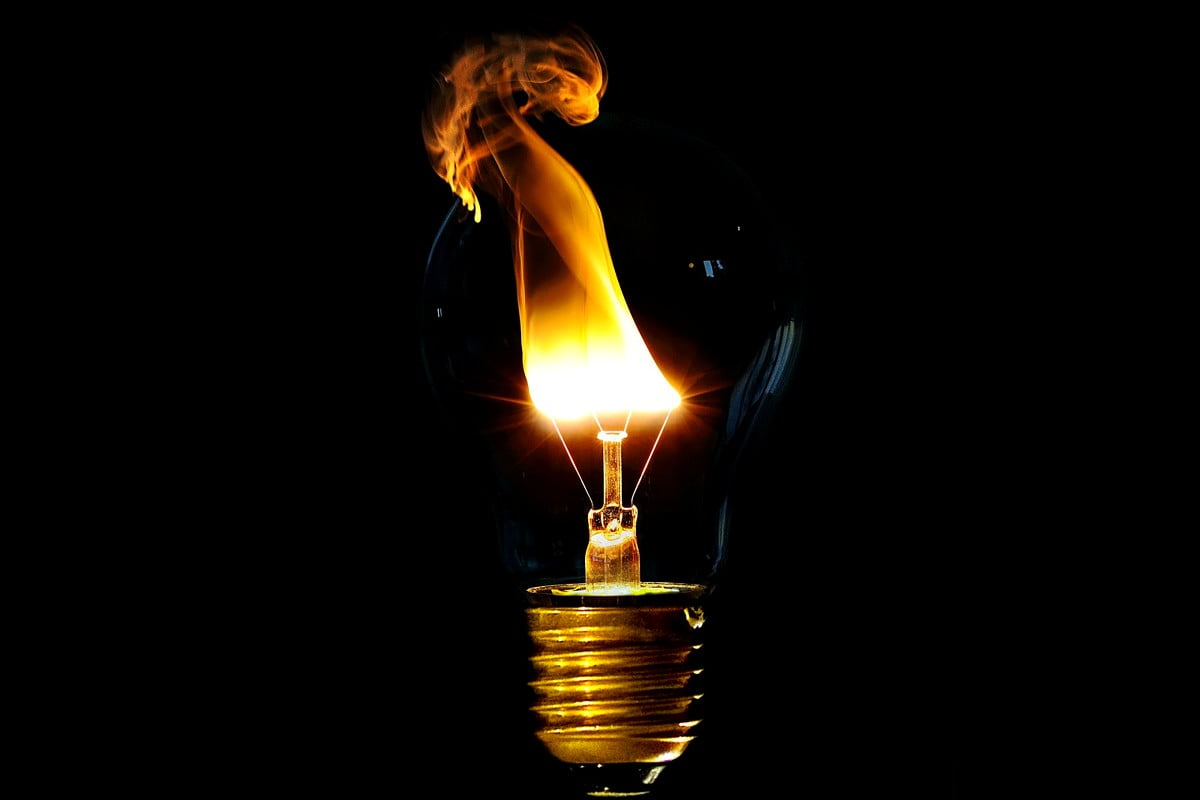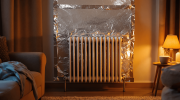When we analyze electricity consumption in the home, we find a wide variety of devices and appliances that contribute to the monthly increase in the electricity bill. Among them, lighting occupies a prominent place.
According Hydro quebec , “light accounts for approximately 20% of the energy expenditure of most Canada households”. Light bulbs and different lighting systems can raise doubts about their efficient use. Is it better to leave a light bulb on or turn it off every time we are not going to use it? And this is what the energy company responds.
Turning it off is almost always best
It is a classic dilemma that can assail many people. Leaving the light bulb on or turning it off if it is not going to be used, even for short periods of time, in order to pay less on the electricity bill. And to begin with, it is a question with nuances.

The answer to this question depends on the type of bulb you are using and the duration of each on and off cycle.
In general, with older light bulbs, such as incandescent and compact fluorescent (CFL), leaving them on for longer periods can be more efficient and help prolong their lifespan.
On the other hand, LED bulbs are highly efficient and resistant to on/off cycles. You can turn them off without worry, even for short periods, to save energy without affecting their durability.
What we have just seen is the popular belief, the myth that we have heard about until now. Something that the energy company claims is not correct when they say that “the peak consumption of a light bulb when switched on is not so great as to justify leaving it on, even for a few minutes”.
This means that leaving a light bulb on all the time to reduce consumption is a myth. The only exceptions are compact fluorescent light bulbs (CFLs) and incandescent light bulbs, but not because of consumption, but because of their useful life.
The reason is that these types of lighting wear out more quickly if they are switched on and off frequently. In these cases, continuous use can prolong their durability, but does not imply lower energy consumption.
If you are going to be away for a short period of time, it is not advisable to turn off this type of light, as they suffer every time they are switched on
In the case of compact fluorescent bulbs or incandescent bulbs, switching them on and off repeatedly can reduce their lifespan. These types of lighting are more efficient when left on for longer periods. If you only turn them off for a few minutes, the impact on their durability will be minimal, but frequent switching on and off can significantly shorten their lifespan.

However, leaving fluorescent lighting systems aside, the most common in today’s homes is the use of LED bulbs, which represent the most efficient option. To a lesser extent, halogen lights can still be found, although their use has decreased due to their higher energy consumption.
In the case of LED light bulbs, switching them on and off frequently does not significantly affect their lifespan. These devices are highly efficient and are designed to withstand numerous on and off cycles without being damaged.
Therefore, you can turn off an LED bulb whenever you need to, even for short periods, without worrying about its durability. If you use this type of lighting at home, you can turn it on and off without fear of reducing its lifespan. Although their energy consumption is very low, turning off the bulbs when you don’t need them will help you reduce your electricity bill.
These other devices are real vampires
But it’s not just light bulbs that constantly consume electricity. As we have seen, there are many other devices in the home that act as real electricity leeches, increasing consumption without us noticing. If we don’t pay attention, they can generate a significant expense on the monthly bill.

Light bulbs are just one example, but we also find loudspeakers connected, which remain always connected and on standby to respond to our orders (especially if there are several in the house). Also the television set, with which we must be especially careful when unplugging it, especially if it has an OLED panel, as it could be damaged.
The list of devices in standby mode is extensive: game consoles, fans and even the internet router continue to consume energy even when we are not using them. Disconnecting them completely when they are not needed can generate significant savings on the electricity bill.








